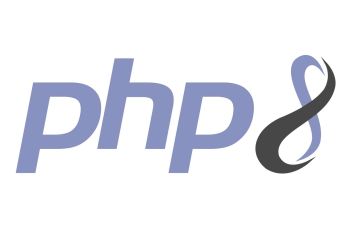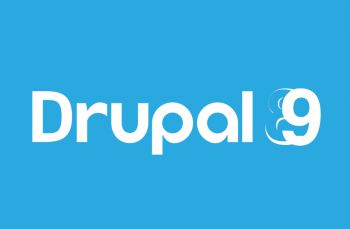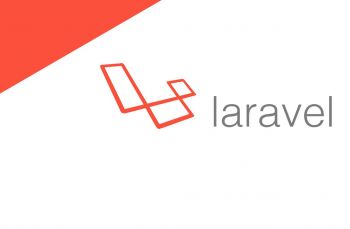
Drupal 10, the latest iteration of the renowned open-source content management system (CMS), is poised to continue revolutionizing web development. Building on the strengths of its predecessors, Drupal 10 introduces a host of enhancements and features that make it a robust platform for creating dynamic and engaging websites. In this introduction, we will delve into some of the key highlights that Drupal 10 brings to the table.

PHP 8, the latest major release of the widely-used server-side scripting language, is at the forefront of web development innovation. It brings forth a multitude of new features and improvements that promise to elevate the web development experience. In this introduction, we will explore some of the key highlights that PHP 8 introduces, reinforcing its position as a vital tool for building dynamic and modern web applications.

Drupal 9.0 will have the same features as the final minor release of Drupal 8 (other than those provided by updated dependencies). Similar to Drupal 8, Drupal 9.1, 9.2, etc. will add new backwards-compatible features to Drupal 9 every six months after Drupal 9.0.

PHP 7.4, the next PHP 7 minor release, is expected to be released to the General Availability on November 28th, 2019. So it’s time for us to dive into some of the most exciting additions and new features that will make PHP faster and more reliable.

If you are a PHP developer or aspire to be one, you might be familiar with Laravel. It has managed to secure its position as one of the best PHP frameworks for years. Apart from several robust features that it offers, the most talked-about among developers, as well as businesses, is the ability to control Laravel performance optimization.